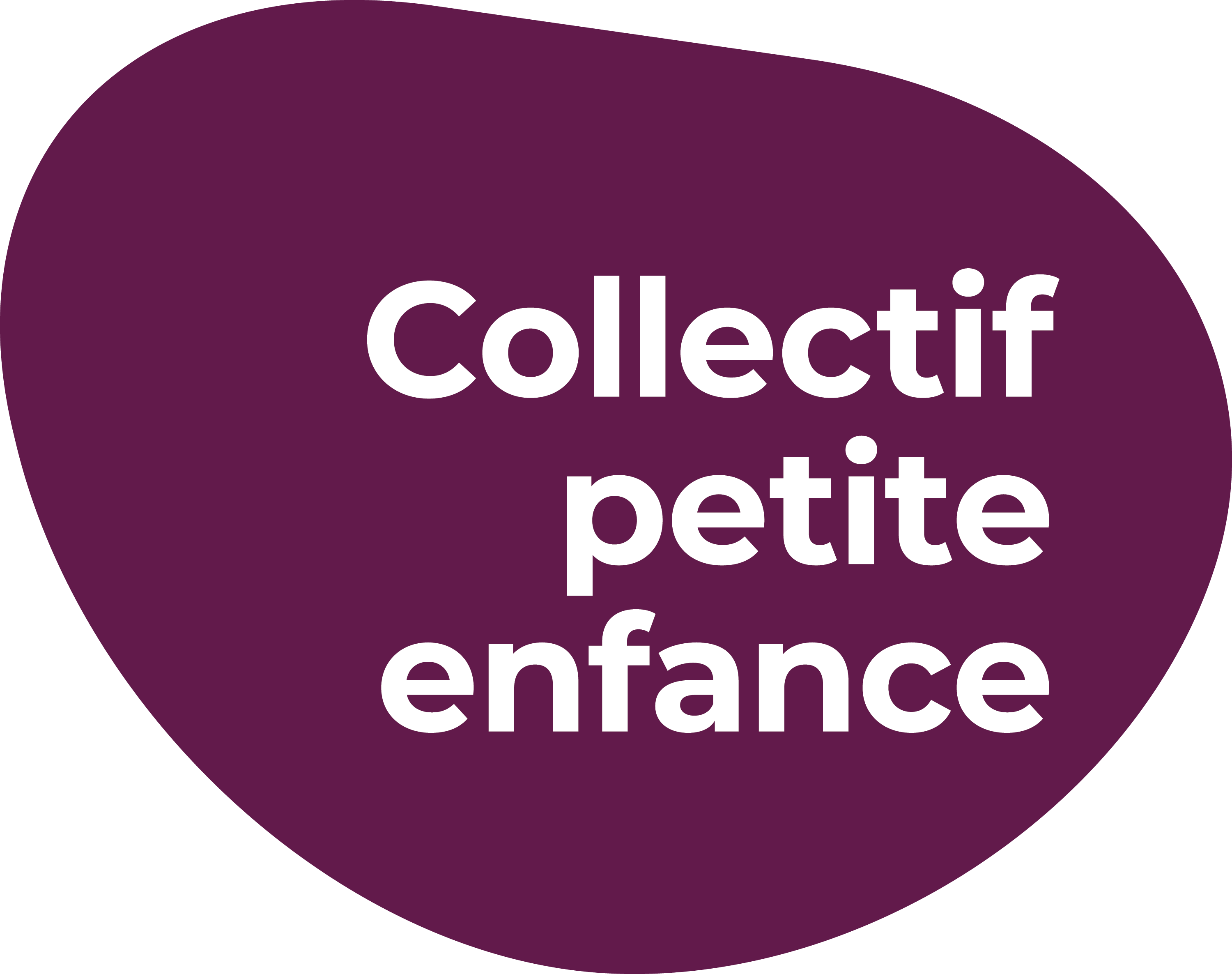November 20, 2023
Open letter - Rising Together to Champion Young Children’s Rights
We are kicking off Early Childhood Week, now in its eighth year, only a few weeks after Lionel Carmant, the Quebec Minister Responsible for Social Services, tabled Bill 37 to create the positions of Commissioner for Children’s Rights and Well-Being, and Deputy Commissioner for Indigenous Children and Youth.
This announcement, several months in the making, focuses on improving the conditions that allow our young children to grow and thrive. The provisions in the bill are highly laudable. The National Assembly will now study these provisions, the result of which will be to ensure that all children — including those from diverse communities, those belonging to a religious or linguistic minority and those living with a disability — feel represented and protected. For Indigenous children, given the wounds of the past and the lingering distrust of Quebec institutions, this will serve to ensure that the commissioner’s actions going forward stem from a process that takes their rights and realities into account.
The appointment of these commissioners and the duties assigned to them are timely indeed. Let’s not forget that one out of ten children in Quebec was the subject of a report to the Director of Youth Protection in the past year1 and that nearly 29% of five-year-olds in kindergarten are considered vulnerable in at least one area of development.2 The situation seems to be growing worse from year to year, and the findings in some of the most disadvantaged areas and regions of Quebec are particularly alarming.
Bearing this in mind, we all have a duty to do more and do better for our littlest citizens. It is only natural to start with the groups and organizations that serve this segment of the population and their families, but our elected officials and civil society as a whole must join them in making early childhood development a Quebec-wide priority.
Respect for young children’s rights: The heart of our social safety net
There are no shortage of issues impacting children’s rights and well-being to consider in the fulfilment of the commissioners’ duties: inflation, environmental concerns, various forms of discrimination, the dwindling availability of services, the lack of affordable housing and, broadly, the increasing degree of complexity that comes with socioeconomic vulnerability.
Fortunately, there are solutions within our grasp. These include making access to high-quality educational childcare universal, providing families with the required breadth and depth of social and healthcare services in a timely fashion and improving programs to reduce socioeconomic inequalities starting at an early age, with housing being at the forefront of these issues.
At first glance, these solutions may seem to be little more than political posturing. But a closer look reveals that they are firmly rooted in the principles of upholding children’s rights — the right to receive a quality education and to express their culture with other members of their community; the right to receive the best possible health care and to enjoy the support of a caring community; the right to be protected from discrimination in all its forms and to have a safe place to life. By putting the conditions and programs in place to support these basic rights for our children, the government will be tightening the social safety net and strengthening the foundation upon which other initiatives can be built.
Safeguarding their rights is a responsibility that is incumbent on us all. Young children are especially vulnerable and cannot vote or exercise any political or economic influence. Empowering them to achieve their full potential is vital to the future of our society. The theme of this year’s Early Childhood Week — Rising together to champion young children’s rights — evokes the purpose and the power of this collective commitment.
We invite you to join forces with us for Early Childhood Week, in word and in deed, so that together we can be the nurturing community that lifts the next generation up.
Elise Bonneville
Director, Collectif petite enfance
And
Élise Boyer
General Manager, Fondation Olo
Sandro Di Cori
General Manager, Association québécoise des CPE
Marie-Claude Dufour
Executive Director, Réseau des Centres de ressources périnatales du Québec
Stéphanie Gareau
Executive Director, Marie-Vincent Foundation
Alex Gauthier
Executive Director, Fédération québécoise des organismes communautaires Famille
Jennifer Johnson
Executive Director, Community Health and Social Services Network
Eve Lagacé
Executive director, Quebec Public Library Association
André Lebon
Former Vice-President, Special Commission on the Rights of the Child and Youth Protection
Francine Lessard
Executive Director, Conseil québécois des services éducatifs à la petite enfance
Isabelle Lizée
General Manager, Espace MUNI
Gaël Magrini
Executive director, Quebec Alliance of Community Social Pediatrics
Andrée Mayer-Périard
President, Réseau québécois pour la réussite éducative
Anne-Marie Morel
Director of perinatal projects, Association pour la santé publique du Québec
Julie Paquette
Executive Director, Alima, Perinatal Social Nutrition Centre
Éric Poulin
Optometrist and President, Ordre des optométristes du Québec
Amélie Sigouin
Executive Director and Cofounder, La Maison Bleue
Marjolaine Siouï
General Manager, First Nations of Quebec and Labrador Health and Social Services Commission
Tanya Sirois
Executive Director, Regroupement des centres d’amitié autochtones du Québec
Sandrine Tarjon
General Manager, Association des haltes-garderies communautaires du Québec
Adina Ungureanu
Coordinator of the Observatoire Famille Immigration, Alliance des communautés culturelles pour l’égalité dans la santé et les services sociaux (ACCÉSSS)
Corinne Vachon Croteau
General Manager, Réseau pour un Québec Famille
Raymond Villeneuve
General Manager, Regroupement pour la Valorisation de la Paternité
1 https://www.lapresse.ca/actualites/2023-06-13/dpj/un-enfant-sur-dix-a-fait-l-objet-d-un-signalement.php#:~:text=Au%20total%2C%20135%20000%20signalements,17%20584%20à%2019%20676
2 Institut de la statistique du Québec. 2022 Quebec Survey of Child Development in Kindergarten. (Note that the Survey does not include children living in Indigenous communities.)

